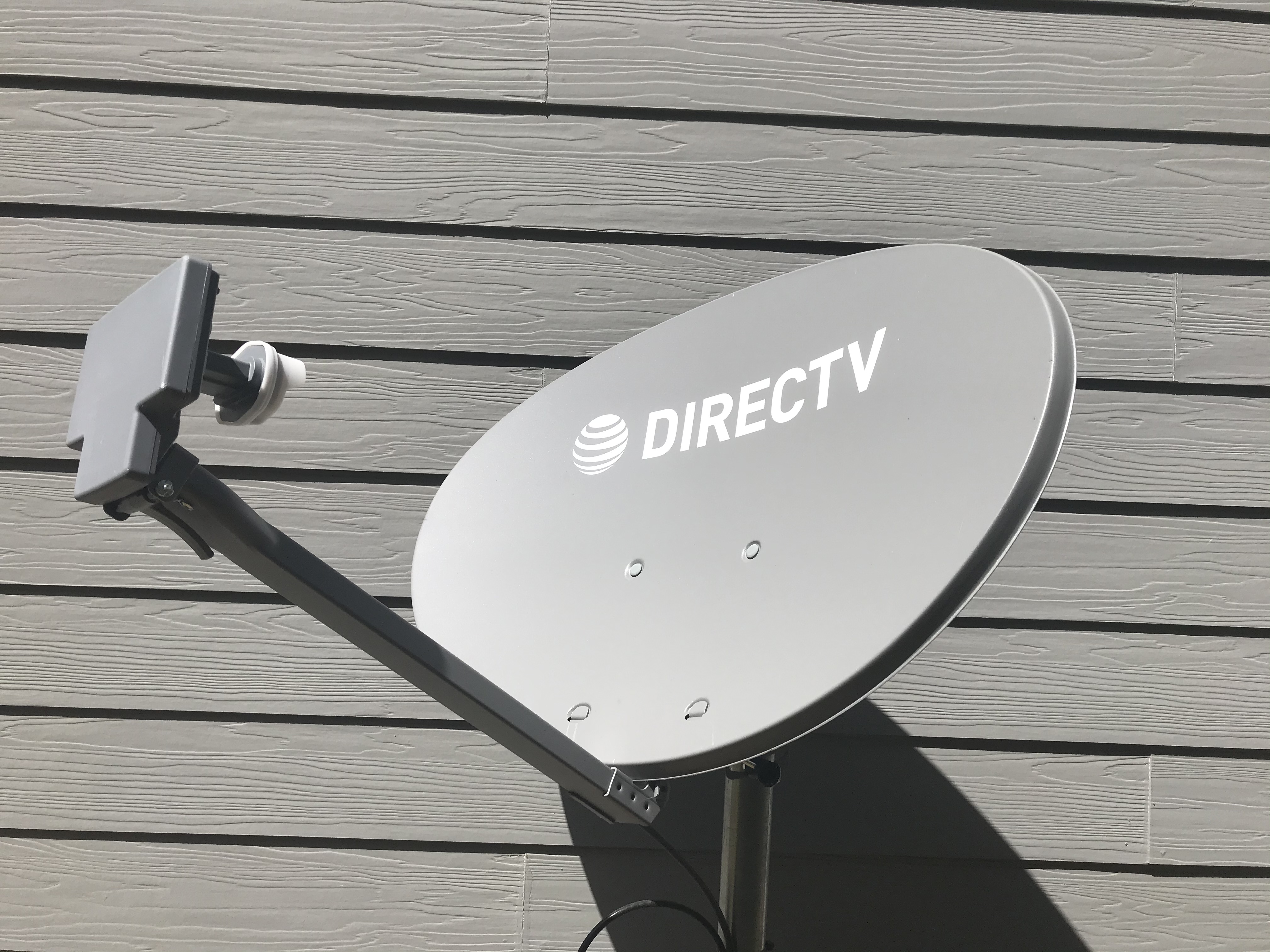Does a Dish-DirecTV Merger Make Sense?
‘New York Post’ says Dish, TPG are in advanced talks to merge satellite giants

The smarter way to stay on top of the multichannel video marketplace. Sign up below.
You are now subscribed
Your newsletter sign-up was successful
About a year after it purchased a 30% interest in DirecTV for a bargain price, private equity firm TPG Capital is reportedly in talks with Dish Network about a possible merger of the satellite giants, a move that while familiar, nevertheless managed to boost Dish stock about 10% in the past two days.
Dish shares were up about 4% ($1.43 per share) to $35.38 on January 11 and rose another 4% to $36.83 at 11:03 a.m. on January 12.
The New York Post reported January 11 that TPG and Dish were in advanced talks concerning DirecTV, but that the deal has hit a potential snag amid Dish founder and chairman Charlie Ergen’s supposed demands for a big chunk of voting shares and a greater say in decision making for the combined company. Together, Dish and DirecTV would become the largest pay TV distributor in the country with about 23 million subscribers, edging out Comcast by a few million customers, but coming during a time when consumers have been canceling their pricey video subscriptions for streaming services.
Talks of a Dish-DirecTV merger have been around for decades. The two first stepped to the merger podium in 2001, only to be shot down by federal regulators. With the satellite business in steep decline — Dish has lost 5 million TV customers and DirecTV has shed 10 million since 2017 — some have speculated that the government may be more open to a merger this time around.

Whether federal regulators would approve a deal this time isn't a given. Just two years ago, the U.S. Justice Department let Dish know that it would not sign off on a merger. Maybe that stance has softened, maybe not.
Ergen has said for years that he believed a merger with DirecTV was “inevitable,” and some have claimed a combined Dish-DirecTV would have about $1 billion in cost synergies.
Every single business in the pay TV space — distributor, content provider, streamer — wants additional scale, and having 23 million TV subscribers (15 million from DirecTV, 8 million from Dish) would deliver that, at least for the short term. Federal plans to pump about $65 billion to help extend broadband into more rural markets could also bode well for a merger.
The smarter way to stay on top of the multichannel video marketplace. Sign up below.
From a financial standpoint, the idea that a deal could be done cheaply for the parties involved also makes it more palatable. TPG bought its 30% interest in DirecTV last year for a price that valued the entire company at about $16.5 billion. AT&T paid about $66 billion for DirecTV in 2017.
Also: AT&T and TPG: There is No Why
Still, on the surface, putting together two companies in steep decline only seems to prolong the inevitable race to zero customers. But others say that any delay to that apocalyptic conclusion could have some real economic value and short-term benefit for consumers.
Also: Satellite TV: Five Years, that’s All You’ve Got
In an email message, MoffettNathanson senior analyst Craig Moffett said that while he has no idea whether talks between the two companies are actually going on, a merger deal has made sense for a long time.
“Satellite TV will remain the only available option for rural Americans for some time — rural broadband buildouts take time — and ultimately regulators will have to take that into consideration,” Moffett said in the email. “Is one stronger satellite operator better for rural Americans than two weaker ones?”
Sanford Bernstein media analyst Peter Supino said in an email that a merger seemed plausible because “the point is to capture the efficiencies of putting the two companies together.”
Also: Getting Rid of DirecTV Won’t Be So Easy
He added that combined EBITDA would be billions of dollars more than what the two generate today, and there are opportunities to reduce programming, network, subscriber acquisition and retention costs, as well as general and administrative expenses (G&A).
And even though Dish has shifted its focus to wireless — it is currently in the throes of building out its network — a DirecTV combination could provide a valuable cache of future mobile customers.
More Mobile Opportunity
“The satellite TV business’s value to Dish is primarily financial, but to the extent Dish becomes more active in the future in the mobile services business, those TV subs represent potential customers to which Dish could market efficiently,” Supino said.
He added that Dish’s pitch to the Federal Communications Commission for the deal could be that the merger could curb future programming cost inflation by giving the combined company more bargaining power, and a merger would allow satellite TV to survive for a longer period.
LightShed TMT Partners partner and media and technology analyst Rich Greenfield predicted that Dish and DirecTV would get together this year, part of his January Top 22 TMT Predictions for 2022. While talk of a combination has gone on for years, only to be quashed by regulators, he said believes this is the year for a combination to take place.
“No, really,” Greenfield wrote. “We believe the regulatory risks today are not high given the state of the Pay TV market. Frankly, if Ergen can’t get it announced this year, it might never happen.” ■
Mike Farrell is senior content producer, finance for Multichannel News/B+C, covering finance, operations and M&A at cable operators and networks across the industry. He joined Multichannel News in September 1998 and has written about major deals and top players in the business ever since. He also writes the On The Money blog, offering deeper dives into a wide variety of topics including, retransmission consent, regional sports networks,and streaming video. In 2015 he won the Jesse H. Neal Award for Best Profile, an in-depth look at the Syfy Network’s Sharknado franchise and its impact on the industry.

